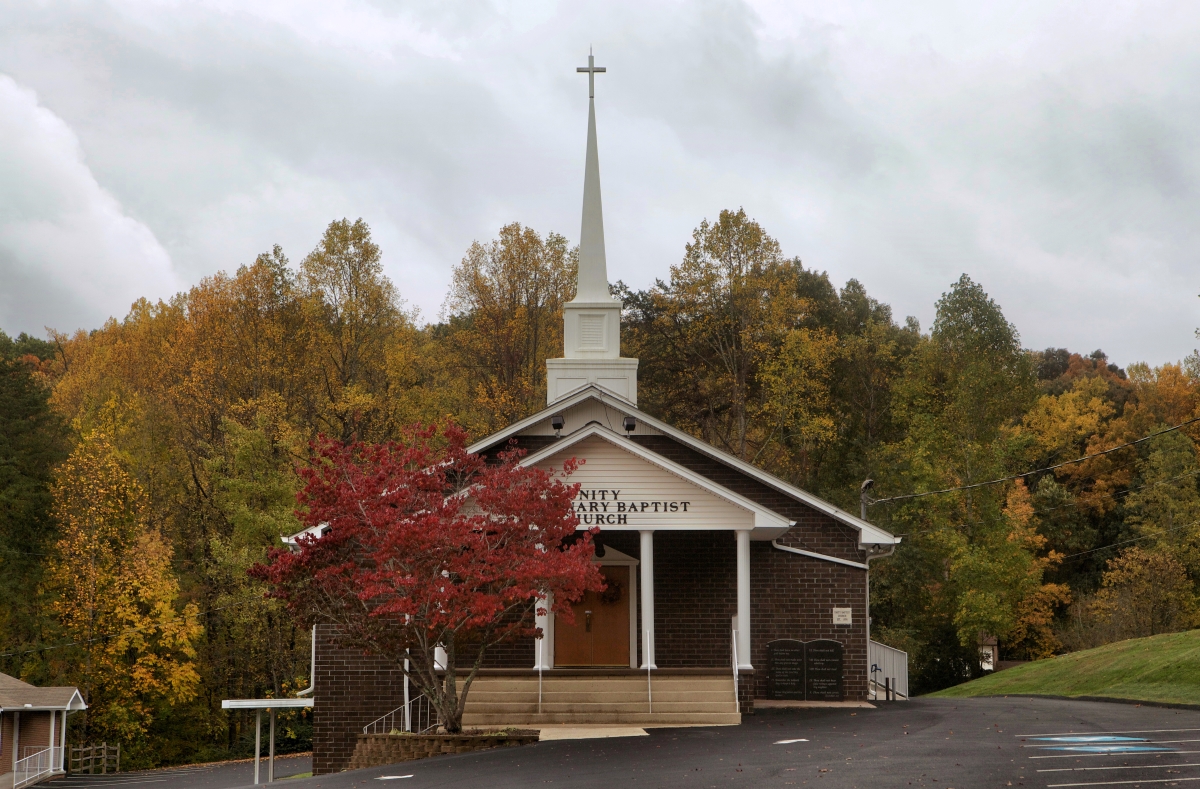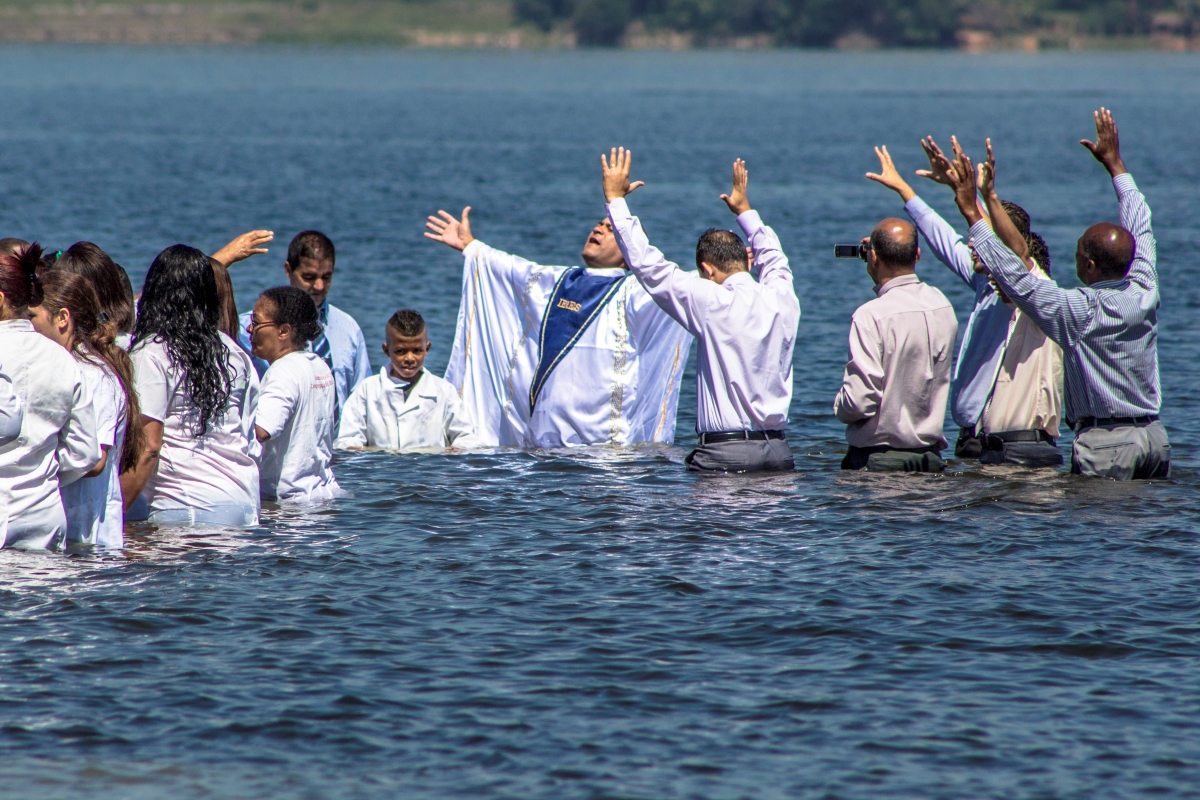Protestants and Baptists: Exploring Their History, Similarities, and Differences
Recognizing the variations within Christian denominations fosters mutual respect, bridges gaps, and encourages peaceful coexistence.
Christianity is a diverse religion with many denominations. Protestants and Baptists are two major branches (along with Catholicism and Orthodox Christianity), with distinct historical backgrounds and theological perspectives that have played significant roles in shaping the landscape of modern faith and belief.
While protestants and Baptists share common roots in the Protestant Reformation, there are distinct differences that set them apart from each other. This post explores the history, similarities, and differences between Baptists and other Protestant denominations in order to give the reader a better understanding of these parts of the Christian family.
Protestants

Protestantism is a branch of Christianity that emerged during the 16th-century Reformation. It is characterized by its emphasis on the authority of Scripture, justification by faith alone, and the priesthood of all believers. Protestant denominations vary widely in their worship styles, but they share common beliefs such as the rejection of Papal authority and the de-emphasis on sacraments and rituals compared to Catholicism.
Rejection of papal authority refers to the belief that the Pope does not have supreme authority over the Church. Protestants believe that the Bible is the only source of authority for Christians, and that each individual Christian is responsible for interpreting the Bible for themselves.
De-emphasis of sacraments and rituals refers to the belief that these are not necessary for salvation. Protestants believe that salvation is a gift from God that is received through faith in Jesus Christ, and that sacraments and rituals do not play a role in this process.
These two beliefs are closely linked. If the Pope does not have supreme authority, then there is no need to follow his teachings about sacraments and rituals. And if sacraments and rituals are not necessary for salvation, then there is no need to emphasize them in everyday Christian life.
Baptists

Baptists trace their roots to the English Separatist movement of the 17th century. They emphasize the autonomy of individual churches, the authority of the Bible, and the priesthood of all believers. They practice believer’s baptism, where individuals make a personal profession of faith before being baptized. Baptist churches are typically congregational in structure, with each local church having autonomy over its affairs.
Baptists strongly emphasize the individual’s personal relationship with Christ and the authority of the Bible. They reject infant baptism and only baptize confessing believers. Worship in Baptist churches typically involves singing, prayers, a sermon, and occasionally, the Lord’s Supper.
Similarities between Baptists and other Protestants

Baptists and other Protestants share several key similarities, including the rejection of papal authority, their emphasis on the Bible as the ultimate source of religious guidance, their belief in salvation by grace through faith, and their affirmation of the doctrine of the Trinity.
These shared beliefs form a solid foundation for Christian unity. Baptists and other Protestants find commonality in their commitment to Jesus Christ, the authority of Scripture, and the core doctrines that define Christian faith. This shared heritage and these shared beliefs provide a basis for cooperation, mutual respect, and collective efforts in spreading the Gospel and living out the Christian faith in the world.
What are the Differences between Baptists and other Protestants?

Baptists and other Protestants share many common beliefs, but there are also some notable differences between them. These differences include:
1.Baptism
Baptists practice believer’s baptism, where individuals are baptized only after making a personal profession of faith in Jesus Christ. Other Protestants, such as Lutherans, Anglicans, and Methodists, practice infant baptism.
2. Church Structure
Baptist churches typically operate on a congregational model, where each local church has autonomy over its affairs. Other Protestant denominations have a hierarchical structure, with regional or national bodies overseeing and providing guidance to local congregations.
3. Church Authority
Baptists prioritize the authority of the local church and the autonomy of individual believers. Other Protestant traditions may also prioritize the Bible as authoritative but may recognize additional sources of authority, such as church tradition or creeds.
4. Worship Practices
Baptist worship services typically emphasize congregational participation, with an emphasis on preaching, singing hymns, and praying together. Other Protestant traditions may incorporate liturgical elements, such as responsive readings, formal prayers, and a structured order of worship.
These differences should not overshadow the shared core beliefs that unite Baptists and other Protestants in their common faith in Jesus Christ and the essentials of the Gospel. It is important to foster understanding, respect, and unity among Christians, recognizing that the body of Christ is diverse and encompasses a range of traditions and expressions of faith.
Conclusion
Baptists and other Protestants share a common heritage in the Protestant Reformation, but they have distinct differences in their beliefs and practices. Baptists emphasize adult baptism and congregational autonomy, while other Protestant denominations may differ in their views on baptism and have varying governance structures. Despite these differences, both groups hold fast to core Protestant principles such as salvation by faith alone and the authority of Scripture.
SKM: below-content placeholderWhizzco for FHB

